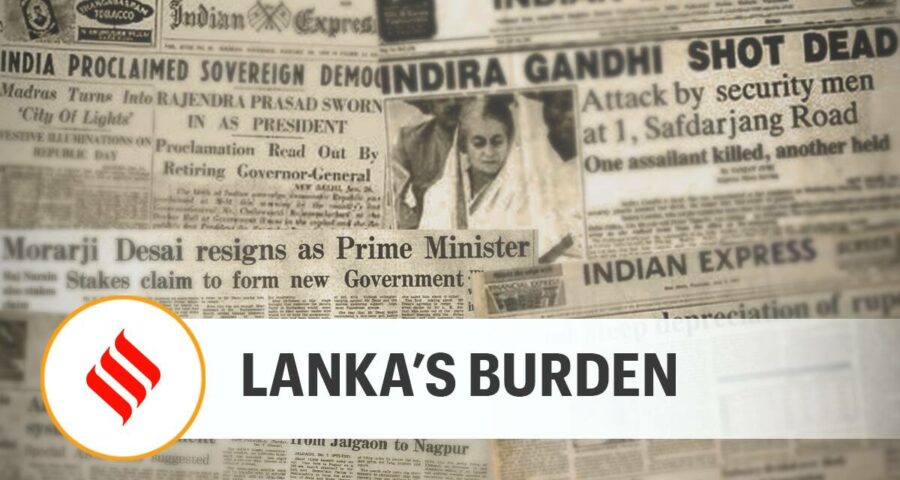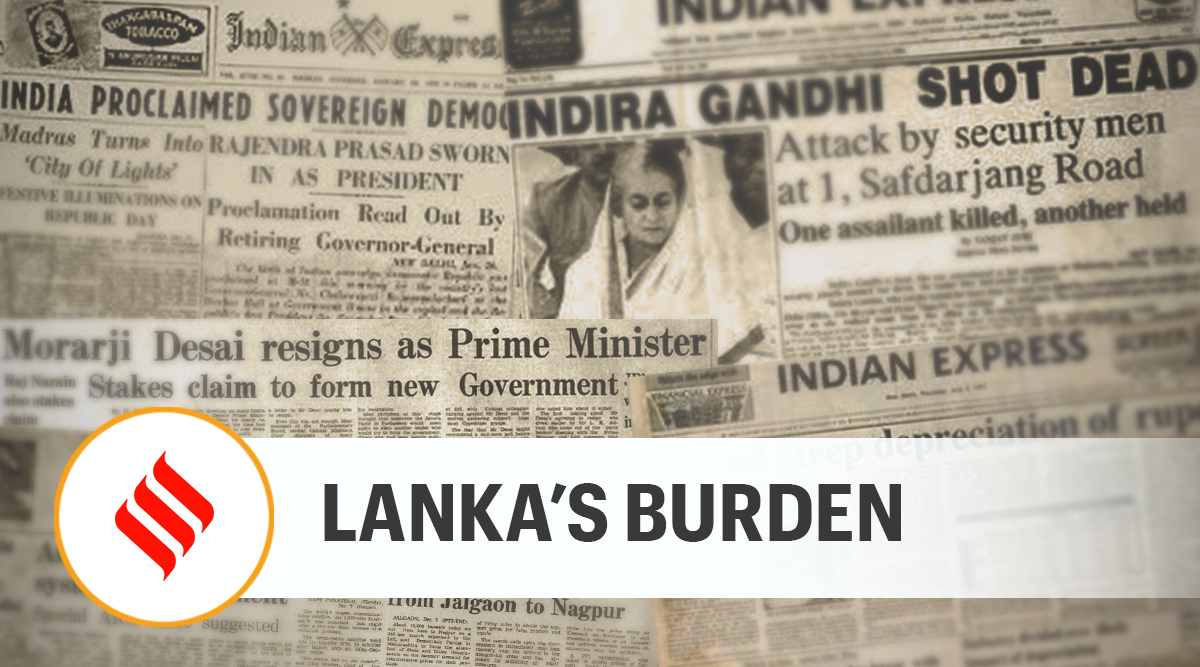What separates Sri Lanka is its recent emergence from a three-decade-long civil war, from which, it was reasonable to expect the country would have learnt some lessons about nation-building and national reconciliation. Sadly, it has not.
On the face of it Sri Lankan President Gotabaya Rajapaksa’s project of “One Country One Law” sounds unexceptionable. But in a nation with multiple ethnic minorities, three systems of personal law, and a heightened Sinhala Buddhist majoritarianism, this is a fraught enterprise. Especially if the person appointed to head a presidential task force that has been asked to study “the concept” and how to implement it, is a known Muslim baiter, believes Buddhism is in danger, and that Sinhalese Buddhist must rise up against minority “appeasement” to protect their religion. Galagoda Aththe Gnanasara Thero, the 46-year-old founder of Bodu Bala Sena (Buddhist Power Force), has been held responsible for the anti-Muslim violence that has shaken Sri Lanka periodically over the last decade. A presidential enquiry commission into the Islamic State claimed co-ordinated suicide attacks on Easter day in 2019 that killed hundreds has reportedly recommended that the monk should be charged with inciting communal tensions. None of the recommendations of the commission have been implemented. The monk, who was convicted for contempt of court due to his attempts to intimidate the court during hearings in a case of disappearance of a government critic and was jailed for a few months, now has the last laugh.
That Gnanasara received a pardon by then president, Maithripala Sirisena, is testimony to the power of majoritarianism. His appointment has come at a time when Rajapaksa is facing criticism for the country’s economic dire straits caused by a severe foreign exchange crisis. Prices of essential goods have soared after the government lifted caps to prevent hoarding of food and other items. A misguided “organic only” policy to offset the inability to import fertilisers has led to a massive farm crisis. Sri Lanka is in ferment, forcing Rajapaksa to acknowledge last month that he and his government had failed to meet the people’s expectations. The Rajapaksa brothers, Gotabaya and Mahinda, the prime minister, had first invoked the “One Country, One Law” slogan during their respective elections. There is little clarity on what this actually means, but the political representatives of ethnic minorities already sense the dangers ahead.
Sri Lanka is not the only country in the region to have an insecure majority and a populist strongman leader who panders to it. Gnanasara’s buddy is the even more virulent Buddhist monk of Myanmar, Ashin Wiranthu. What separates Sri Lanka is its recent emergence from a three-decade-long civil war, from which, it was reasonable to expect the country would have learnt some lessons about nation-building and national reconciliation. Sadly, it has not.
This editorial first appeared in the print edition on November 2, 2021 under the title ‘Lanka’s burden’.
Source: Read Full Article


